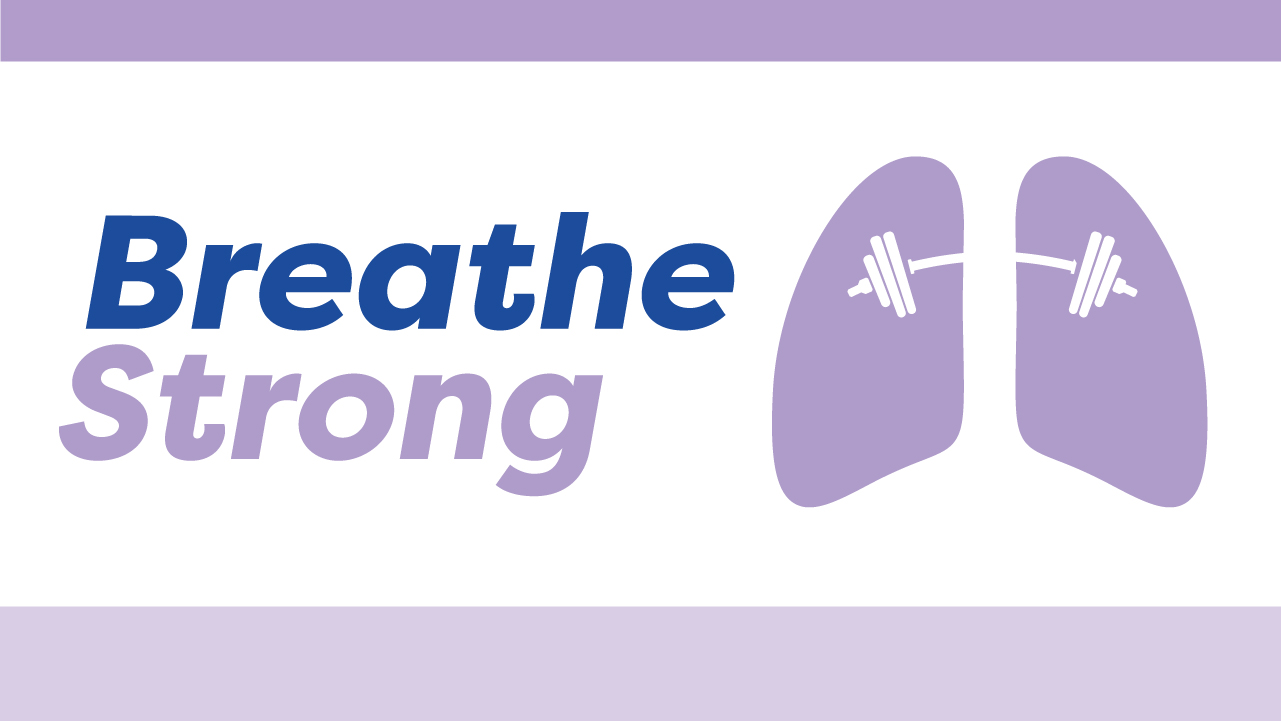Brickyard News
Brickyard’s Own Chief Clinical Officer, Lisa Chubb, On a New Era in Nursing

Recently, Skilled Nursing News held their CLINICAL conference in Washington, D.C. to discuss with top nursing home operators how COVID-19 era policies and practices have changed the face of nursing care. Alongside increased use of technology and deeper staff connections, savvy operators are looking for ways to expand value-based care initiatives to encourage better outcomes for patients and a fairer overall system by controlling costs.
During a panel discussion at the Skilled Nursing News CLINICAL conference, many aspects of improving care in skilled nursing facilities were addressed by leaders in the industry. Alongside Leslie Campbell, the COO of Touchstone Communities, and Peter Longo, the principal and managing partner of Cantex Continuing Care Network, our Chief Clinical Officer, Lisa Chubb, contributed to the discussion.
How Brickyard Is Ushering in a Bright, New Era in Nursing Care
With 23 locations across Indiana serving patients and residents with a diverse range of needs, Brickyard has been at the forefront of innovative developments that are set to change the face of nursing care in a positive way. The issues discussed by the panel and Chubb include:
Diversification of Services
Skilled nursing facilities have been greatly impacted by the restrictions imposed by the recent pandemic, which has caused them to look more closely at their ability to provide better, more holistic care. As noted by Ms. Chubb, Brickyard is “looking at things like inpatient behavioral care, and how do we diversify in that area.” Specifically, Brickyard is tackling pain management and the associated opioid crisis by encouraging partnerships between our facilities and Accountable Care Organizations (ACOs).
ACOs are a type of healthcare delivery system that encourages healthcare providers to work together to provide coordinated, high-quality care to their patients. By doing so, ACOs aim to reduce costs and improve patient outcomes. ACOs bring together hospitals, physicians, and other providers in a network that is held accountable for the quality and cost of the care they provide. The goal is for these organizations to create a system of care that is focused on the patient rather than on individual providers or facilities. ACOs use data-driven methods such as population health management and evidence-based medicine to identify opportunities for improvement in areas such as quality of care, access to services, and cost containment.
Staffing Issues
The United States is currently experiencing the greatest nursing shortage the country has ever faced—a shortage that is expected to grow throughout this year and beyond. Not only has the pandemic caused the loss of many nurses from the workforce, but more are predicted to leave in the coming years. Ms. Chubb addressed these concerns at the conference, noting that Brickyard is rolling out several initiatives to improve recruitment and staff retention.
First and foremost, Brickyard has a company culture that promotes high morale by encouraging dialogue between staff and managers and by creating a feeling of community, not only among staff but between staff and residents. Brickyard readily asks for feedback from all staff and—when it is given—we make necessary changes as rapidly as possible, whether those changes relate to job satisfaction, pay, benefits, or other factors.
Additionally, Brickyard partners with local higher education organizations to develop workforce programs and employs mentor preceptor programs for direct care staff that have resulted in a better than 87% retention rate. We also readily engage in international nurse hiring initiatives to find high-quality nursing candidates with the passion and compassion that Brickyard values.
Value-Based Care
Not only does Brickyard partner with ACOs and other industry leaders, but we stand on the cutting edge of behavioral healthcare initiatives. Our philosophy is that great partnerships provide relationships, technological advancement, and enhanced care. Using predictive analytics around hospitalizations, patient turnover, Payroll Based Journal (PBJ) reporting, and other audits, Brickyard is able to enhance decision-making for better outcomes and more timely care.
Clinical Initiatives
One of Ms. Chubb’s favorite topics is the clinical initiatives promoted by Brickyard. Some examples include:
- Technology from devices that take vital signs and directly input into the electronic medical record to AI software that can predict renal tubular acidosis (RTA) with 97.5% accuracy.
- Dashboards that constantly mine data from our electronic medical records (EMR) to enhance clinical decision-making.
- Predictive tools around the star ratings and how to enhance understanding of the health inspection ratings with the ability to predict future ratings and offer strategic plans to the board.
- Using air-purifying devices on Alzheimer’s care units.
- Using fall-mitigation systems with Doppler radar technology.
Lisa notes, “We try to be very innovative when it comes to the care we provide and creating a much more efficient care delivery system for our residents and staff.” Examples of technologies we are exploring include robotics that support staff, such as tray delivery systems and devices that are placed above a resident’s bed for a continuous feed of vital signs.
Brickyard Healthcare—Ready for a Bright Future for Both Patients and Staff
At Brickyard Healthcare, we focus on creating a strong sense of community, not just among our staff, but between staff and residents and among the resident population. A feeling of belonging fosters a host of benefits, including better overall health outcomes. Alongside this basic philosophy, Brickyard adds leading-edge technologies, expanded care modalities, and a focus on recruiting—and retaining—high-level talent to better serve our residents and patients. If you have a loved one who needs skilled nursing care and would like to discuss options, please call us at 855-855-8113 or contact us here.


